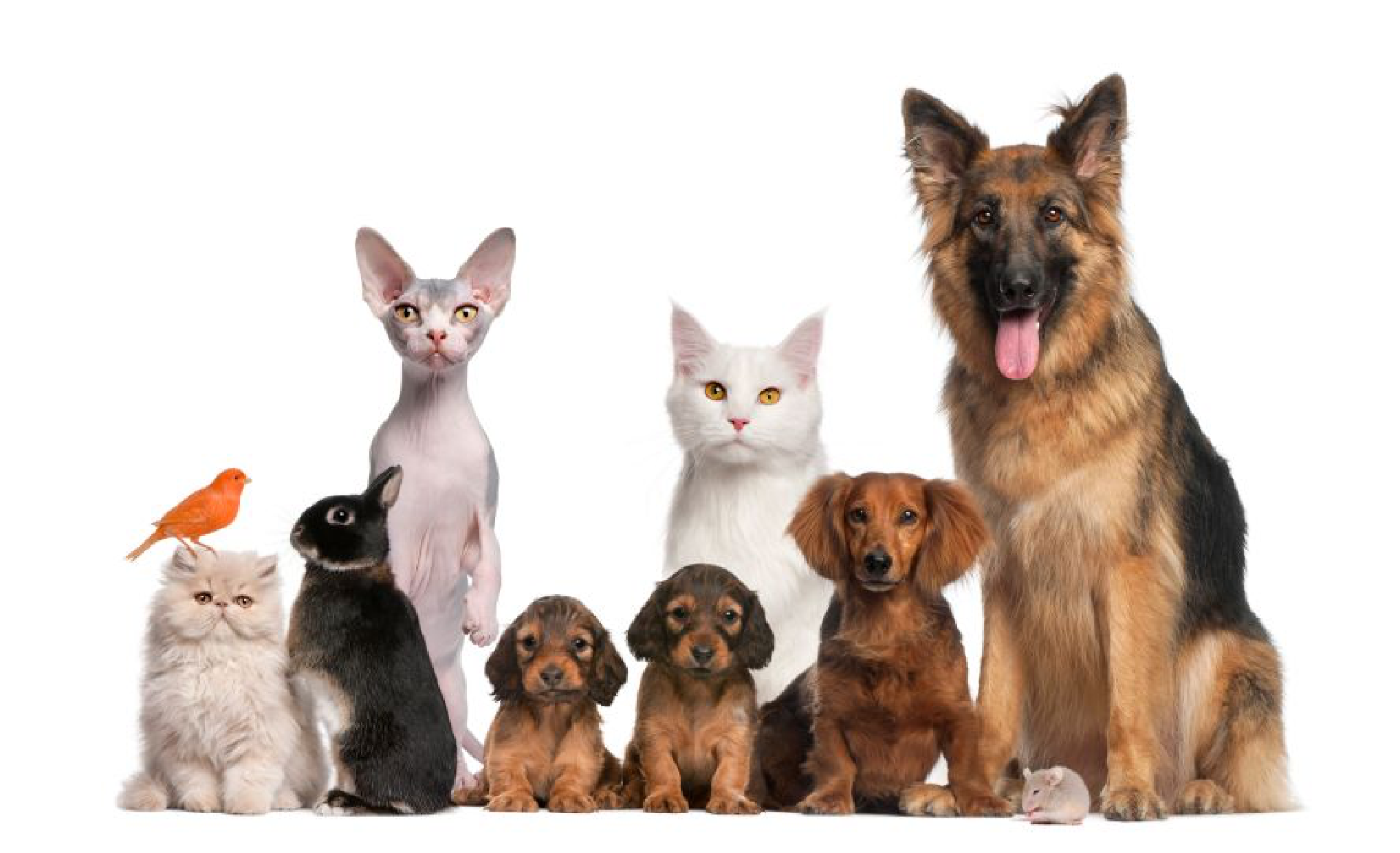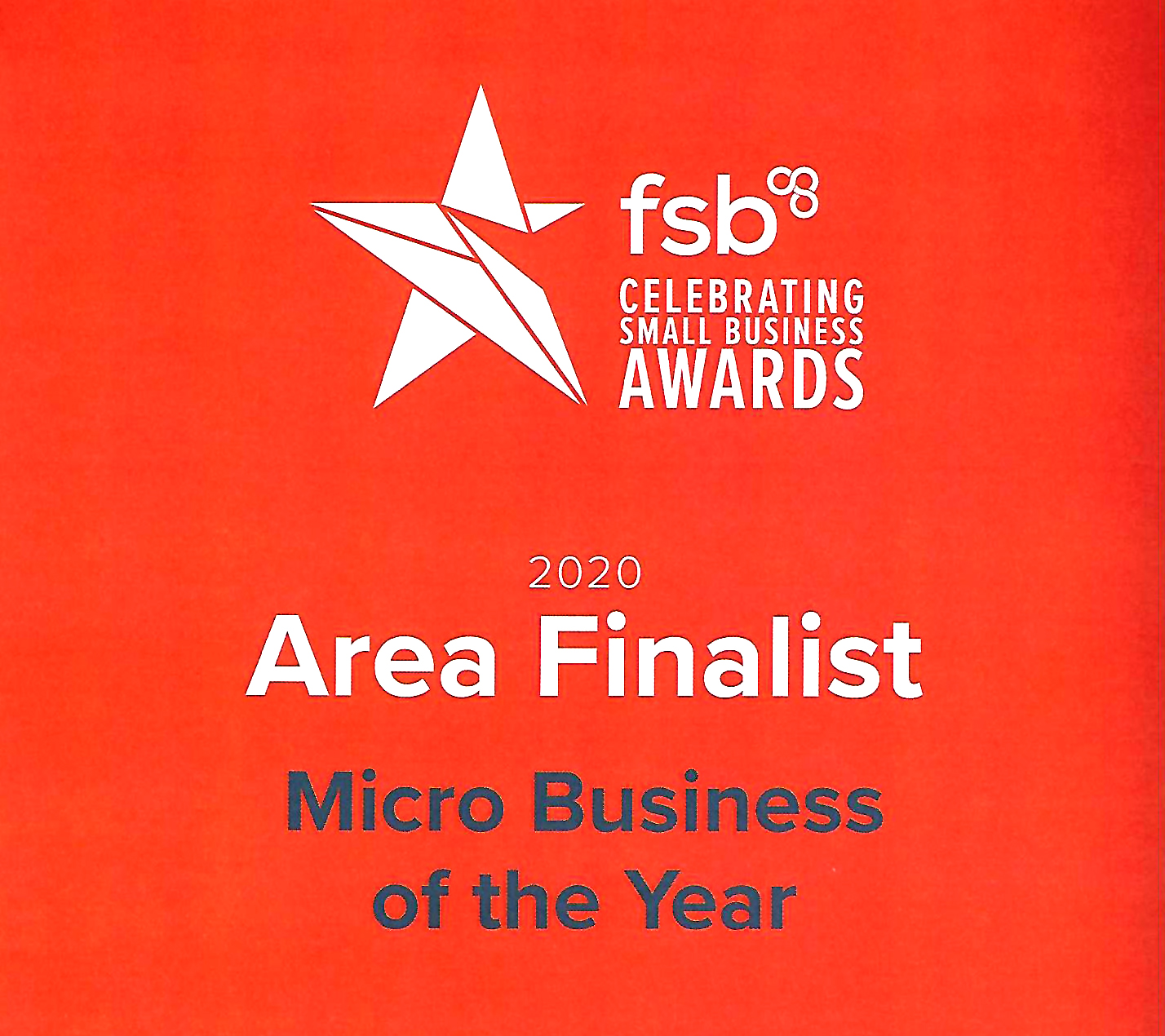
How pet influencers can enhance your cause marketing
For both internal and external audiences, being aligned with brands that share their values is increasingly becoming a priority. Whether it’s social justice, environmental issues or animal rights, consumers and employees are increasingly aware of what the businesses they connect to believe in.
This has led to an increase in ‘cause marketing’ campaigns, which brands are using to make a visible positive impact on their surrounding communities. Many pet influencers are playing a key part in these initiatives, find out why and how your business could do the same.

What is cause marketing?
Although only 16% of business leaders said corporate social responsibility (CSR) was a top priority, aligning brand values with those of target customers has never been more important. A recent study by Havard Business Review found that 64% of consumers started their relationship with a brand because they shared the same values.
As environmental, social and political issues have become a higher priority for customers, brands have followed suit, leading growth in what’s now known as cause marketing. This is where a for-profit business aligns with a not-for-profit charity or organisation to promote a social cause or showcase their corporate responsibility to their customers and employees.
As well as improving brand perception and loyalty, cause marketing campaigns have been shown to give both customers and employees a sense of purpose beyond the typical brand story or product benefits. From tackling the climate crisis to making followers sign petitions, the cause behind your marketing campaign can be as wide or as niche as you think appropriate.

Why use pet influencers in cause marketing?
If the cause you’re promoting isn’t animal-related, then you might think that using a pet influencer for your marketing campaign is inappropriate. However, many pet influencers aren’t just individuals, but personal brands with their own interests and values they want to promote.
Finding a pet influencer that’s invested in the same causes as you provides two benefits: their promotions to followers and their image, which is distinct from that of human followers. Fun, furry and full of character, animals inspire a level of empathy and engagement humans can’t and big brands have previously used this to their advantage in cause marketing.
Iceland makes an environmental impact.
Although he wasn’t a real-life animal influencer, the character of Rang-tan the Orangutan had a huge impact on Iceland’s target market. By bringing a cute, cuddly face that the audience emotionally attached to, the message about deforestation and the widespread use of palm oil in supermarket products raised awareness of the problem and showed consumers how conscious shopping choices could make a positive environmental impact.
Alongside Iceland’s pledge to stop using palm oil in their products by the end of 2018, the Rang-tan advert gained 65 million views, leading to a lift in sales and a higher brand consideration score for the supermarket.
Veganuary grows new markets.
Again, although Veganuary doesn’t use specific pet influencers to promote its cause, animal imagery plays a huge part in the campaign’s success. With 37% of people signing up to Veganuary because of their love of animals, giving voice to farm animals is one of the organisation’s most effective tactics.
Since its founding in 2014, the movement has grown exponentially and in 2020 was promoted by more than 600 large and medium-sized food companies. Big food chains got involved too, with 550 new vegan items being added onto the menus of restaurants such as Pizza Hut, Gregg’s and Subway.
This level of impact on corporations and society at large shows the power of harnessing the empathy humans have for animals in marketing campaigns.
The Body Shop petitions for animal rights.
One of the first marketing campaigns to use petfluencers successfully, The Body Shop partnered with DogsOfInstagram (five million followers) and bunnymama (634,000 followers) alongside other micro-influencers to promote their Forever Against Animal Testing campaign.
With the aim of achieving a global ban on animal testing in cosmetics, the campaign encouraged followers to sign a petition which they would then deliver to the United Nations. Alongside charity Cruelty Free International, the brand managed to gain eight million signatures on their petition by 2018.
By using pet influencers, The Body Shop put a face to the animals that would benefit from the ban and got closer to their target market – beauty and animal lovers – through their accounts. Taking a standout stance on this cause also emphasised a major product selling point to customers – that they were vegan and cruelty-free.
Finding the right pet influencer for your cause.
To make sure your cause marketing campaign is effective, you need to choose the right pet influencer. Whether you want them to share similar values, support the same initiatives or attract your target audience, choosing the right pet influencer will ensure your cause marketing is effective and is getting seen by the right people.
With a huge range of pet influencers on our books, our expert team can help you to find the best animal star to support and promote your cause. Get in touch with our agents via influencers@urbanpawsagency.com and we can help to find the right influencers for your cause marketing campaign.
































